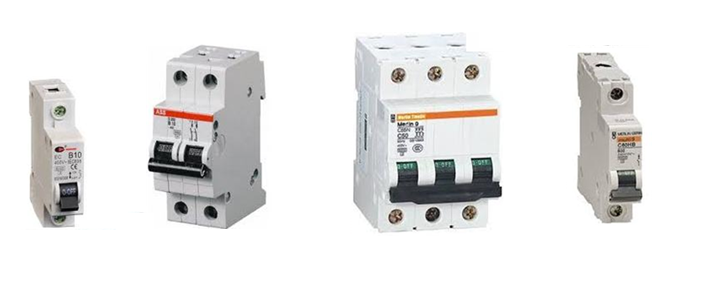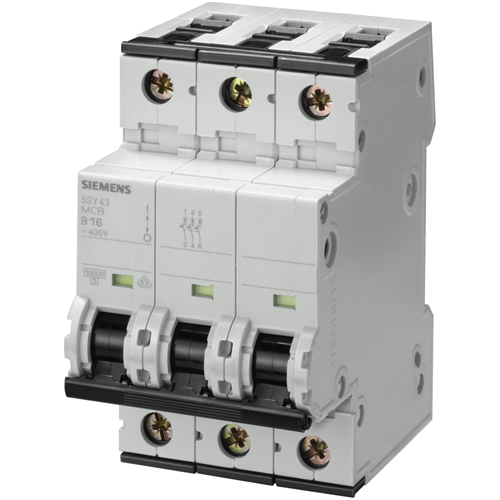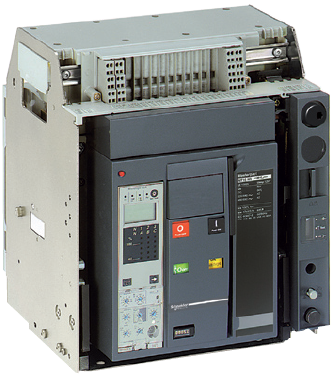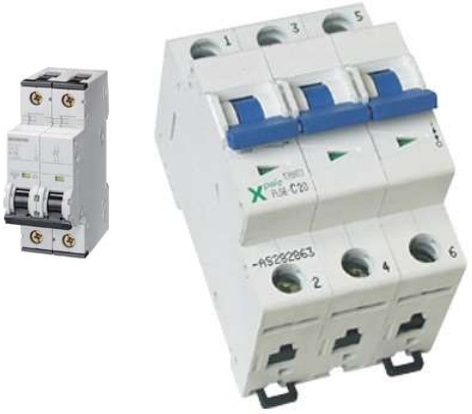Miniature Circuit Breaker – MCB
Circuit breaker is a mechanical device designed to close or open contacts member thus closing or opening of an electrical circuit under normal or abnormal conditions. Circuit breakers are usually employed for the protection of electrical circuits, they are equipped with a trip coil connected to relay or other means. A circuit breaker is a… Read More »




